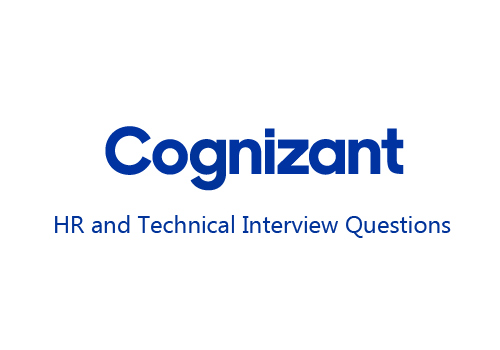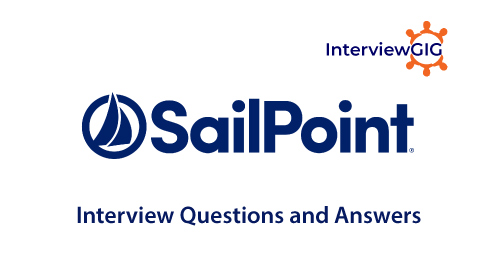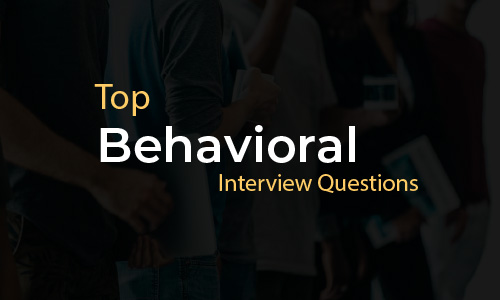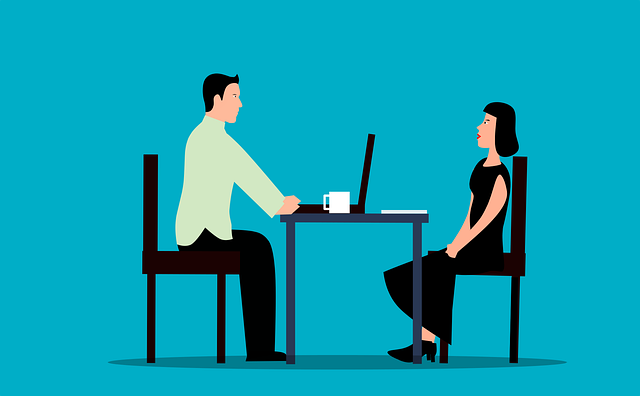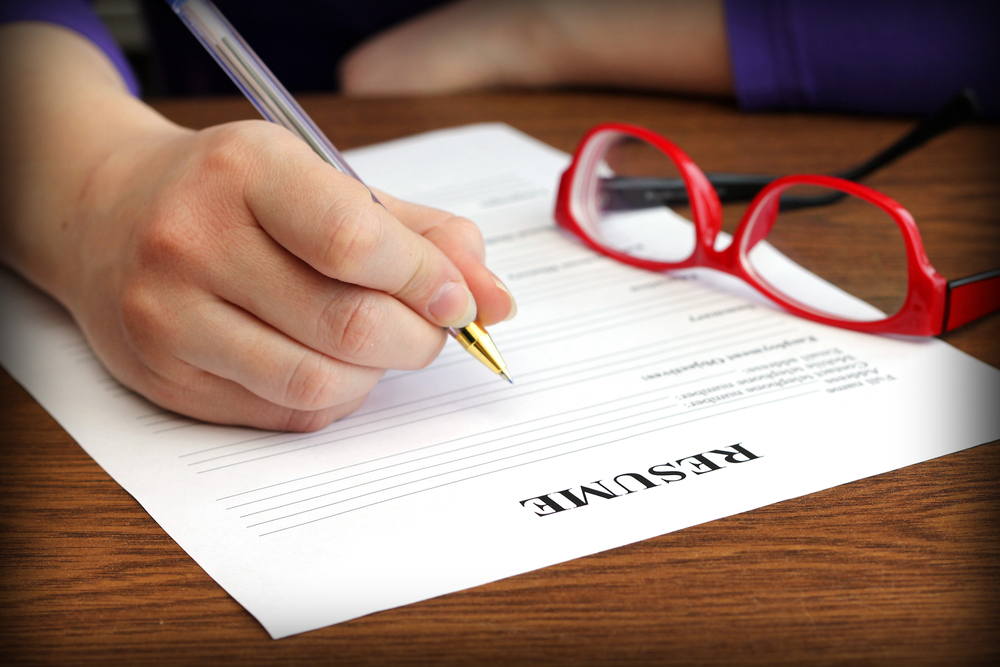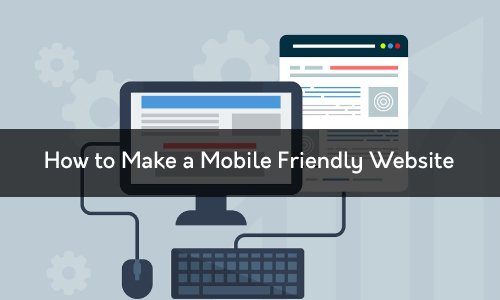How to Succeed in a Job Interview
You must be Know the best Job Interview Tactics
Securing a Job Interview is increasingly challenging, but effective interview preparation can pave the way to success. Strategic planning, thorough research, and honing your communication skills are crucial steps to stand out in a competitive job market. Invest time in preparing, showcasing your strengths, and aligning with the company’s values to increase your chances of landing the job.
Check out these essential Job Interview Tactics that you need to know:
# Your Resume
Your resume speaks for your education, skills, and experience, serving as your main tool to show you’re the right fit for the job. During any interview, the spotlight is on your CV. Be truthful; your initial impression matters for job prospects. Always keep in mind, your resume is your most valuable asset – never forget this. It’s the key to unlocking opportunities, so handle it with care. Ensure it honestly and concisely reflects your qualifications. Remember, a well-crafted resume is your ticket to making a positive impact and increasing your chances of landing the job you desire.
# Research the company and your position
Before heading to a job interview, make sure you understand the job you’re applying for and gather information about the company. Research is key – know what the company does and why you want to work there. Expect diverse questions from your interviewer, such as “Why do you want this job?” Get to know the people who will interview you.
This prep work helps you speak confidently about the role, align your goals with the company’s, and make a positive impression. Simple steps like this can significantly improve your chances of success in the job interview process.
# Prepare your answers to your Job position
Before the interview, research the company and create a list of potential questions the interviewer might ask. Practice your responses, focusing on strengths, weaknesses, and why you’re the ideal candidate. Ready yourself for common interview questions and develop your own queries. A clear job description helps employees grasp their expected duties and responsibilities. This preparation enhances your confidence, ensuring you present yourself as the best fit for the job during the interview. It’s a strategic approach that boosts your chances of success in securing the position.
#Eye Contact during an Interview
Eye contact is a common non-verbal signal. It shows a lot about a person. People believe that you can figure out someone’s qualities and personality just by their eye contact. When you make direct eye contact, it shows confidence and high self-esteem. Employers want candidates who have these qualities. During interviews, if you maintain strong eye contact, it suggests confidence, focus, and social skills. It’s like showing you’re comfortable and engaged. So, keeping eye contact during interviews helps you come across as confident, focused, and socially adept, which are traits employers value.
# Body language
Using confident body language is important during a job interview. Shake hands firmly with your interviewer(s) before and after the chat. When you sit down, make sure you’re sitting up straight and not slouching or leaning on the desk. Keep smiling and maintain eye contact throughout the interview to show that you’re engaged and confident. These simple gestures can make a big difference in how you come across to your potential employer.
# Be prepared for different types of job interviews
There are numerous distinct styles of interview
Phone Interview: Phone interviews are normally a screening manner before you get to the face-to-face level. You’re likely to be interviewed by a member of the HR or recruitment team,to talk via your CV and experience in extra detail, ensuring you’re as professional as you assert you are. Some graduate employers use an initial telephone interview to eliminate flawed applicants or unsuitable candidates.Successful candidates are usefully then invited to a face-to-face interview or an evaluation middle. Telephone interviews commonly remaining for around 30 minutes.
Face to Face interview: Face-to-face is the most common type of interview, face-to-face encounters can take place with both one interviewer or, more commonly, a panel. In some rare instances, you may interview alongside other candidates and questioning can either be strengths-based totally or competency based. The face-to-face interview is normally the decision-making step in the candidate screening technique. Face-to-face interviews usually last for between one and two hours.
Skype Interview: A Skype interview is a fusion of a smartphone or telephone and a face-to-face interview, and it’s up to you to study the situation. If it’s a screening call, prepare for it inside the identical manner you would a cell phone interview (but make sure you look the part). If you’re interviewing for an role, or the interviewer is primarily based abroad, you should prepare as you would a face-to-face.Check once your internet connection.
# Communication Skills
Effective communication is key during job interviews. Demonstrating expressive speech is vital to showcase your communication skills. Prepare and practice your responses to highlight your abilities. Your initial nonverbal impression can either kickstart your interview positively or lead to a swift conclusion. So, be mindful of how you present yourself, as it can significantly impact the overall interview experience. Use this opportunity to exhibit your best communication skills and create a favorable first impression that can influence the outcome of the interview.
#Be yourself
Having the right skills and experience is crucial, but connecting with your interviewer is also important for landing the job. Start with a big smile and open body language to make a lasting first impression. When you do this, the interviewer will sense your sincerity and authenticity, which is key. This simple strategy can greatly influence your success in a job interview. So, remember to greet with warmth, be genuine, and create a positive connection – it can make a significant difference in your job prospects.
#Follow Up
After the interview, it’s crucial to say thanks. Send a quick email within 24 hours to show you’re grateful and still keen on the job. Reiterate your interest and mention anything important you might’ve forgotten during the interview. If you met with several people, send each one a personal note. Email works best for this. It’s a simple gesture that can make a big impact and keep you in their thoughts. Being prompt and appreciative reflects well on you and could tip the scales in your favor. So, don’t forget to drop that thank-you email—it might just make a difference.
“Embrace your interview confidently through effective preparation.”
Read More:
- Common Job Interview Questions And Answers In 2024
- Job Interview Conversation For Freshers
- Common Behavioral Interview Questions And Answers
- Most Common HR Interview Questions
- Phone Interview Questions And Answers
